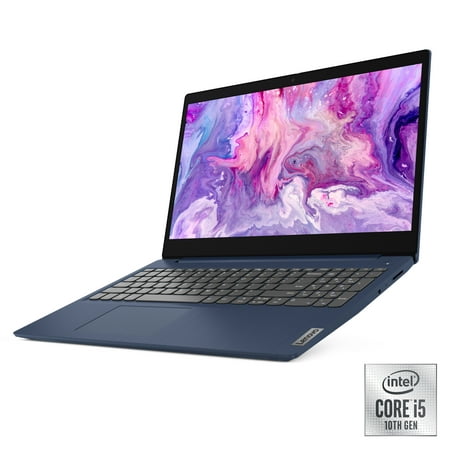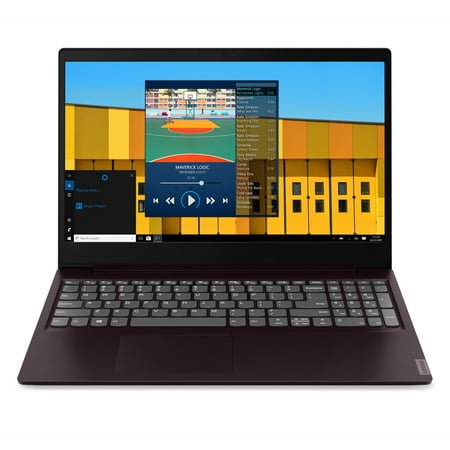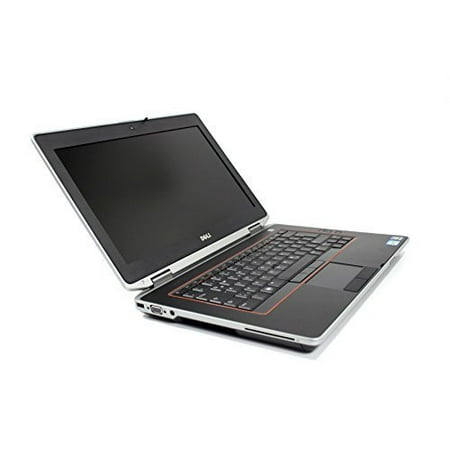Acer Predator Helios 300 Gaming Laptop, 10th Gen Intel Core i7-10750H, Overclockable NVIDIA RTX 2060, 17.3″ Full HD 144Hz Display, 16GB DDR4, 512GB NVMe SSD, RGB Backlit Keyboard, PH317-54-75K8
10th Generation Intel Core i7-10750H 6-Core Processor (Up to 5.0GHz) with Windows 10 Home 64 Bit. Overclockable NVIDIA GeForce RTX 2060 with 6 GB of dedicated GDDR6 VRAM
17.3″ Full HD (1920 x 1080) Widescreen LED-backlit IPS Display (144Hz Refresh Rate, 3ms Overdrive Response Time, 300nit Brightness & 72% NTSC).
Ready for battle and eager for a fight, the Helios 300 drops you into the game with everything you need. Only now we’ve armed it with overclockable NVIDIA® GeForce RTX™ 2060 graphics, the 10th Gen Intel® Core™ i7 Processor and our custom-engineered 4th Gen AeroBlade™ 3D Fan Technology. With the 144Hz IPS panel and 3ms Overdrive response time you can say farewell to blur and hello clear, crisp, high-octane gameplay. Online, keep control over your ping with Killer™ Control Center 2.0, Killer™ Ethernet E2600 + Killer’s Wireless AX 1650i components. With a pair of headphones on, experience real-world spatial audio with DTS® X: Ultra Audio Technology.
- GTX2060
- 144hz
- intel 10th gen
- 17″
- Gaming
- Gaming PC
- 512 GB
- RGB
- RGB Keyboard
Wireless Signal Booster
This is a CONSUMER device. BEFORE USE, you MUST REGISTER THIS DEVICE, with your wireless provider and have your provider’s consent. Most wireless providers consent to the use of signal boosters. Some providers may not consent to the use of this device on their network. If you are unsure, contact your provider. You MUST operate this device with approved antennas and cables as specified by the manufacturer. Antennas MUST be installed at least 20 cm (8 inches) from any person. You MUST cease operating this device immediately if requested by the FCC or a licensed wireless service provider. WARNING. E911 location information may not be provided or may be inaccurate for calls served by using this device.
Additional information
| Operating System | Windows 10 Home |
|---|---|
| CPU Manufacturer | Intel |
| Screen Size | 17.3 Inches |
| Computer Memory Size | 16 GB |
| Assembled Product Dimensions (L x W x H) | 11.00 x 15.90 x 1.00 Inches |






by Bishop
I can’t rave enough about this computer. Love the large screen and it’s lightening fast.
by Jesse
Returned before I received it. Wrong laptop but it’s a great one for gaming.
by Matthew
I loved the 17″ size, the casing it came in was beautiful. The laptop loads up.
by Shiyang
Got a defective laptop whose screen never turned on in the first purchase. Got a good one after returning the first one and replacing an order.